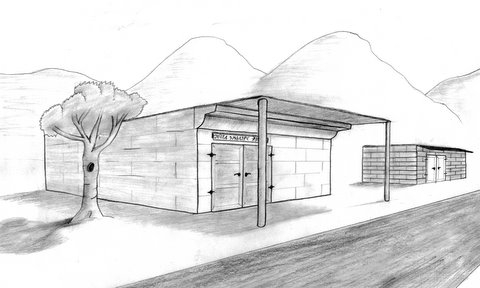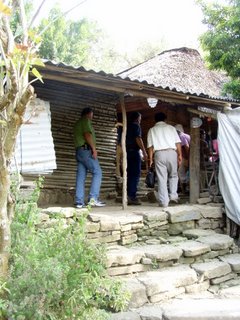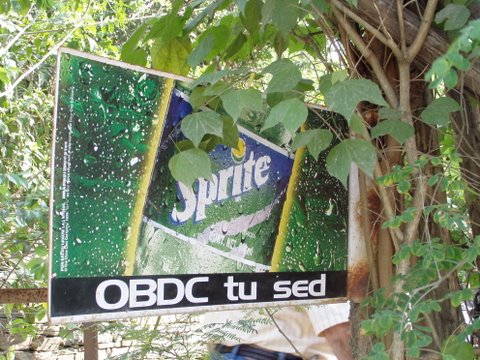We now resume the telling of the Tale of Kutava, a story of Shliflet

(Continued from Part III)
For the third consecutive evening, I sat by the hearth in a log house in Zefelen to listen to the adventures of Melpalêpsen, who was called ‘Kutava’ in his youth. He and his family had been most hospitable, and I was enjoying the tale immensely, as I hope you are as well.
‘Oh traveller,’ said Melpalêpsen this third night, ‘I fear I am wearying thee with this lengthy story. Wilt thou that I continue? or hast thou need of embarking once again on thy journey?’ I assured him I had nowhere to go, and that I very much wished to hear the rest of his tale.
Well then, if thou wouldest remain, I would fain continue. Where did I end the tale last night? Ah, yes, as we were readying ourselves to cross the Great River, Taeĝan and I.
Now this river is very wide, much wider than the streams of this land, and so wide that a man standing on one of its banks cannot see the other. In Nuĝim then, that morning, we crossed the river on a ferry. It was a lovely spring morning; the birds were singing, and as we neared the opposite shore I spied the trees covered with white sweet-smelling blooms. Of course, nothing in Ĝimlu is so bright and wonderful as the indescribable beauty and splendour of this land, but I was cheered, and my heart was glad.
On the other side of the river was a simple dock, where a small group of people awaited the coming of the ferry. When we landed, we and the few who were with us disembarked from the boat and set off down the road which led to the village of Krotil, only a few leagues thence.
Krotil is a small town, fairly far removed from the rest of Kroatelmia. Most of its goods are imported by shipments along the river, although some farming is done around the town. Although situated in the river valley, Krotil is very close to the great mountains in the south which my people call ‘Kutvête.’ Read More


